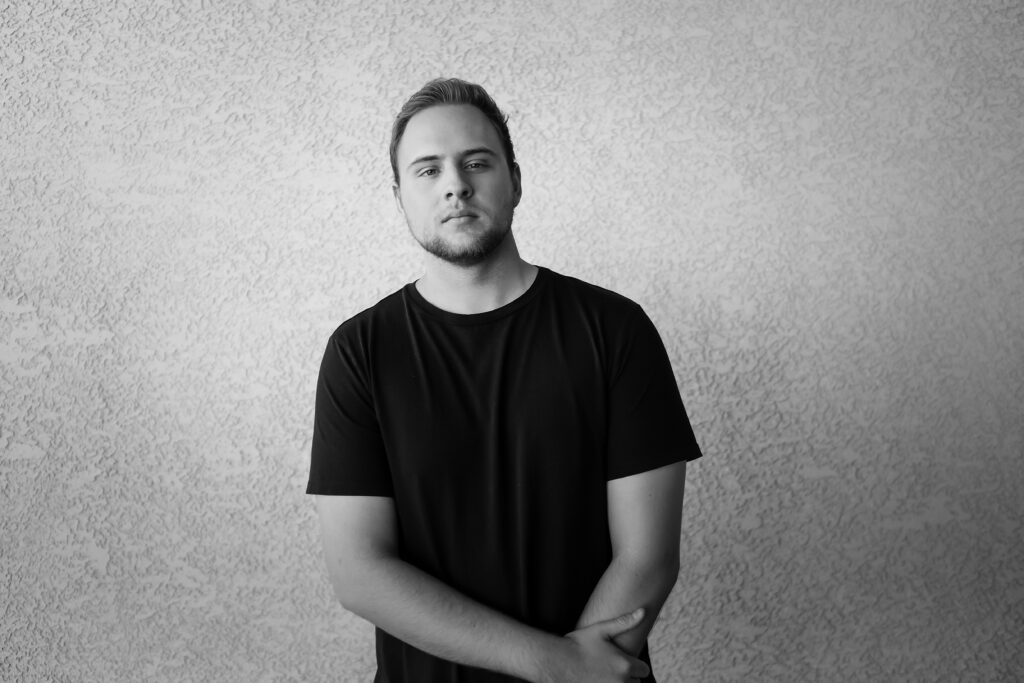Detoxing from drugs or alcohol can be incredibly difficult, especially if you do it on your own. Once people make it through this first and most-challenging stage of recovery, they move on to do a lot of work in learning about their addictions, identifying self-harming behaviors, and establishing new and healthier coping strategies. The amount of effort that people invest into getting well makes staying in recovery more than worthwhile. Sadly, however, relapse is a part of the recovery process, and one that many people are unable to avoid. Whether experiencing relapse firsthand or watching someone you care about deal with it, you may be wondering why people return the very same habits that they’ve fought so hard to escape. Although relapse can be devastating to both addicts themselves and those around them, it’s actually a powerful and important opportunity to reassess recovery plans, and to seek out better forms of post-treatment support.
There are countless reasons why people relapse. Some people try and fail in addiction treatment multiple times before finding the right programs for their needs. Addicts who attempt to navigate the recovery process on their own tend to have the highest rates of relapse. For these individuals, absent of needs-specific therapies and support, the underlying causes of addiction are never effectively dealt with. Although a person might be able to successfully detox without assistance, the challenges, triggers, and psychological issues that have led to their use of drugs or alcohol as coping tools continue to exist. Professional drug treatment teaches recovering addicts to identify and mitigate the triggers that fuel their substance use disorder. Whether dealing with chronic anxiety or depression, unresolved guilt, or low self-esteem, people must find ways to effectively care for themselves, and to avoid or mitigate temptation.
Understanding Relapse and Its Causes
During drug and alcohol addiction treatment, patients are often taught to never let themselves become too hungry, angry, lonely, or tired. Surprisingly, neglecting basic self-care in any of these areas can actually be a relapse trigger. Spending too much time alone, failing to get enough sleep, and maintaining a poor diet can all leave a person feeling empty, unmotivated, and generally off-course. When people feel this way during recovery, they are more susceptible to temptations and cravings. More importantly, they are more likely to take self-defeating actions when experiencing them.
For many people, no form of addiction treatment is guaranteed to provide lasting benefits until certain underlying problems are addressed. For instance, if you have bipolar personality disorder, schizophrenia, post-traumatic stress disorder, or any other mental health issue that has yet to be diagnosed and properly managed, your addiction may be the result of efforts to self-treat. Whenever substance use disorder and any other mental health disorder co-exist, this is known as comorbidity. For those with comorbidities who’ve tried and failed in addiction recovery multiple times, the best method of treatment and prevention is to deal with both issues head-on. In instances in which comorbidities have yet to be addressed, relapse can continue recurring until an appropriate forms of treatment have been obtained.
Recognizing the Different Stages of Relapse
Most people think of relapse as being a physical return to drug or alcohol use. Surprisingly, however, there are actually several phases of relapse. As such, it’s possible to experience relapse without ever realizing it, and without ever actually using. The very first stage of relapse is emotional relapse. This often occurs when people have voluntarily or involuntarily begun isolating themselves. Enduring long-stretches of boredom and loneliness, suffering from bouts of insomnia, and failing to get adequate exercise and good nutrition are other factors that can contribute to emotional relapse.
When emotional relapse isn’t recognized and when it’s left unchecked, it can eventually progress to mental relapse. This is the stage at which people begin actively thinking about using drugs or alcohol. They might try to rationalize a return to drug or alcohol use to themselves or to others. They may begin making plans on how to access substances, or even consider strategies for moderating their substance use. Even though no actions are officially taking on this stage, it’s still a very dangerous frame of mind to be in.
Finally, relapse can take the form of physical drug or alcohol use. Even when this means having just one drink or using drugs just one time, the effects of physical relapse can be physically and psychologically devastating. One of the best ways to prevent all three stages of relapse is by having a solid relapse prevention plan in place. This can include:
- Attending support groups
- Having an accountability partner
- Avoiding environments that expose you to temptations and triggers
Whether you’ve been thinking about relapsing or are trying to find an effective way to restart your recovery following a relapse event, finding the right support services and resources is essential. Fortunately, we’re always available to help. Call us today at 866-963-7200.

